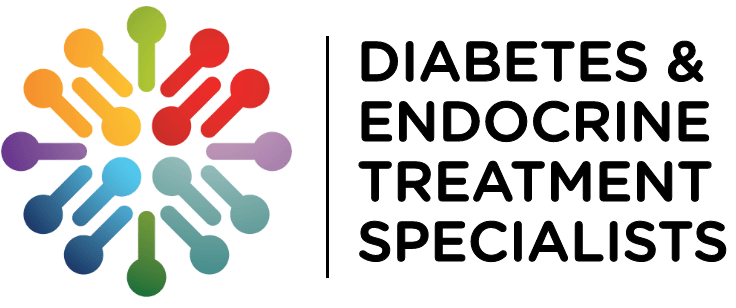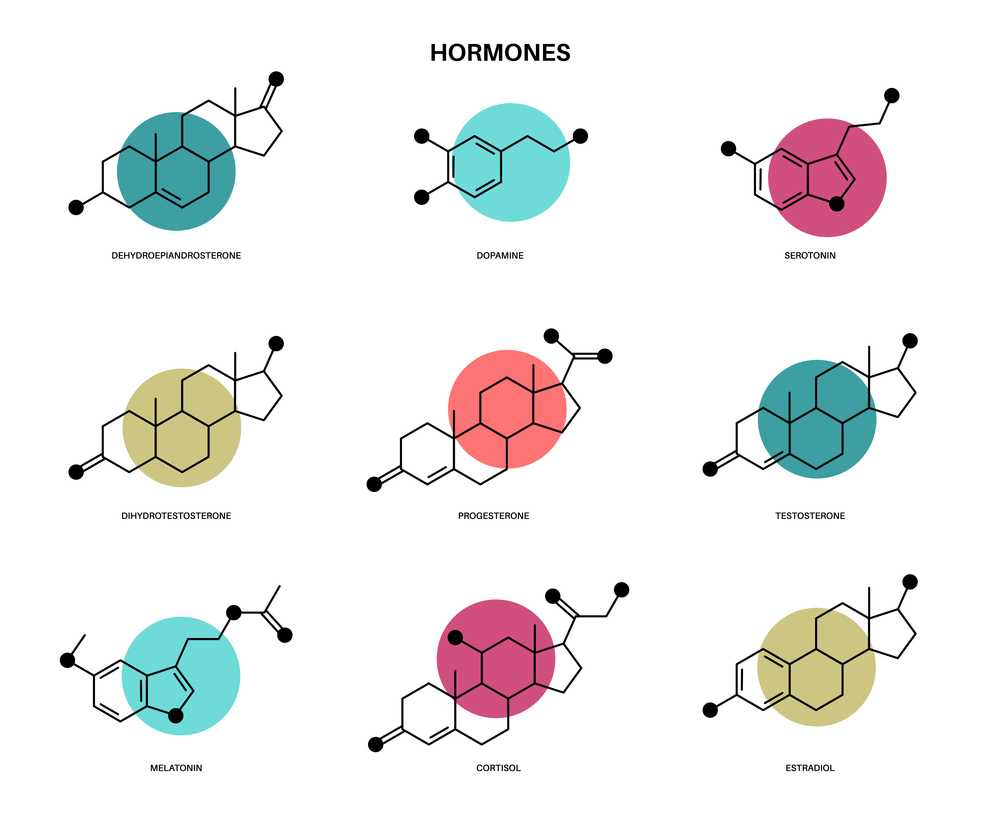The ABC of Hormones: Vital Players You Should Know About
Hormones are vital regulators in the human body, governing various physiological processes. In the context of diabetes and thyroid health, specific hormones play crucial roles. In this blog post, we will explore the important hormones related to diabetes and thyroid function, their functions, and the consequences of their malfunction.
Our providers at Diabetes & Endocrine Treatment Specialists (DETS), are very knowledgeable in all things related to diabetes and thyroid concerns. If you are experiencing hormonal issues, we can help with diagnosis, treatment, and prevention.
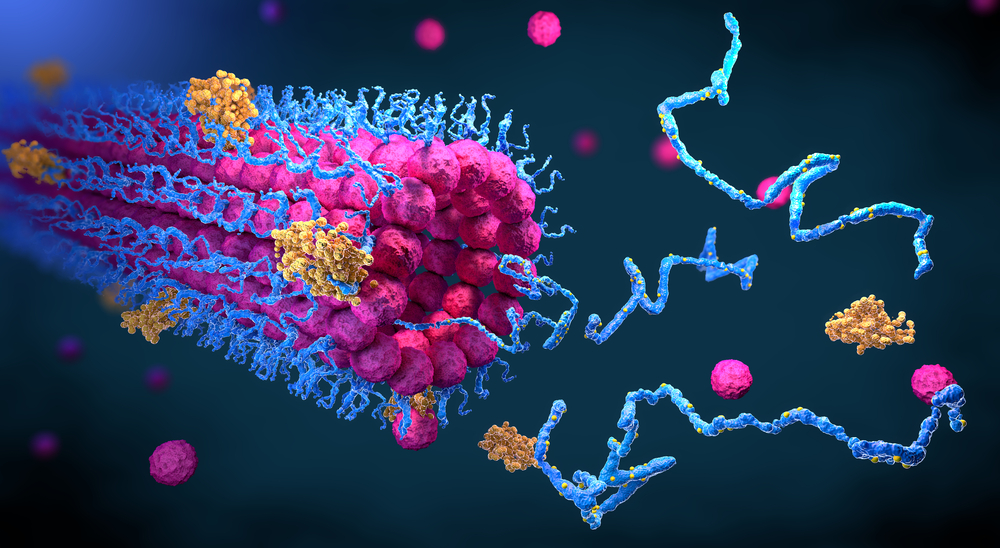
INSULIN
Insulin, produced by the pancreas, is essential for regulating blood sugar levels. It allows cells to absorb glucose from the bloodstream, providing them with energy.
Insufficient insulin production or impaired insulin function results in diabetes mellitus, characterized by high blood sugar levels. Mismanaged diabetes can lead to severe complications, including heart disease, kidney damage, and nerve damage.
GLUCAGON
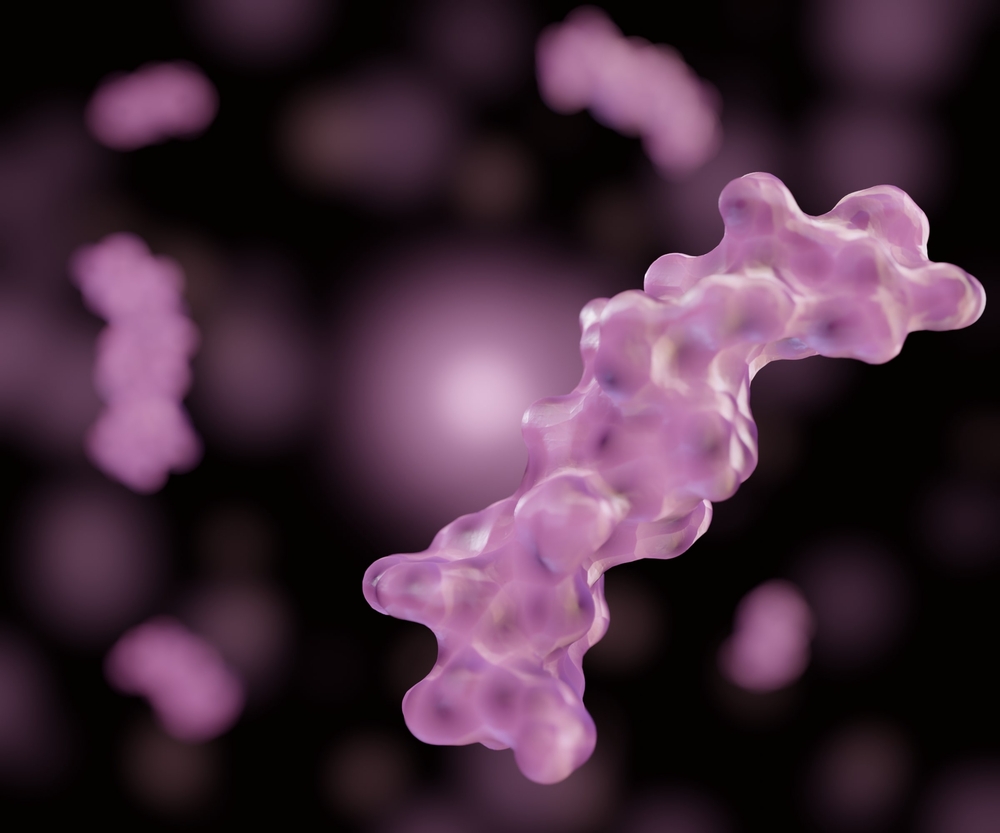
Glucagon, produced by the pancreas, glucagon acts in opposition to insulin. It stimulates the liver to release stored glucose into the bloodstream when blood sugar levels drop too low.
Imbalances in glucagon secretion can disrupt glucose regulation and contribute to diabetic complications.
SERATONIN
Serotonin: Serotonin, also known as the “feel-good hormone,” is involved in regulating mood, appetite, and sleep. It helps maintain emotional well-being and is associated with feelings of happiness and contentment.
Insufficient serotonin levels can contribute to mood disorders such as depression, anxiety, and even eating disorders like bulimia and binge eating.
THYROID-STIMULATING HORMONE (TSH)
Thyroid-Stimulating Hormone (TSH), produced by the pituitary gland, TSH regulates the function of the thyroid gland. It stimulates the production and release of thyroid hormones (T3 and T4). When TSH levels are elevated, it may indicate an underactive thyroid (hypothyroidism), which can cause fatigue, weight gain, and depression.
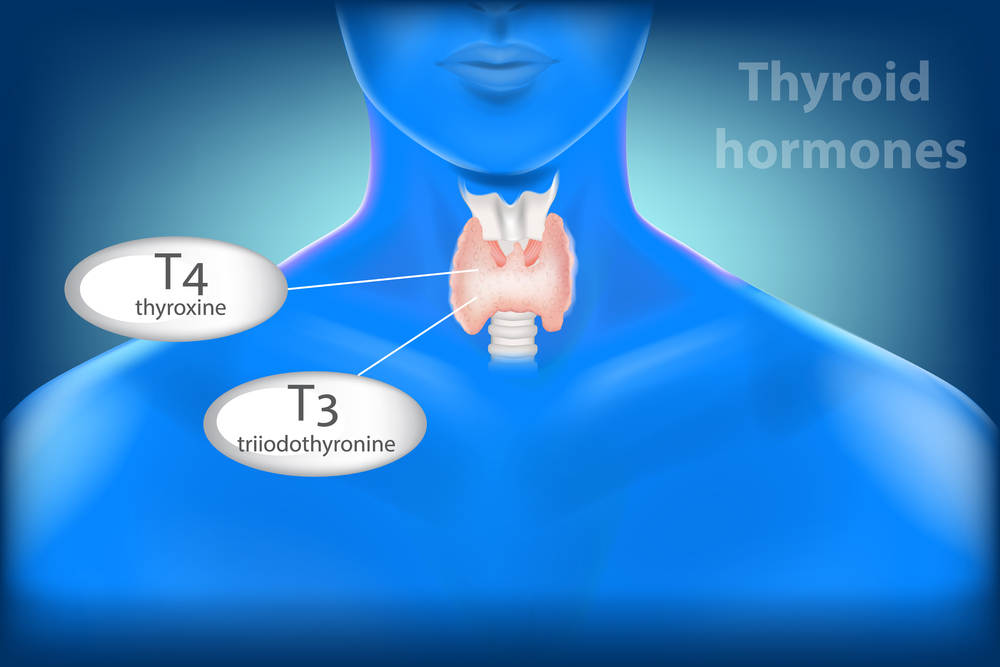
THYROID HORMONES (T3 and T4)
The thyroid hormones, triiodothyronine (T3) and thyroxine (T4), are responsible for regulating metabolism, growth, and development. They influence body temperature, heart rate, and energy levels.
Imbalances in thyroid hormone production can lead to conditions like hyperthyroidism (overactive thyroid) or hypothyroidism (underactive thyroid).
Symptoms vary but can include weight fluctuations, fatigue, mood changes, and disrupted metabolic function.
CORTISOL
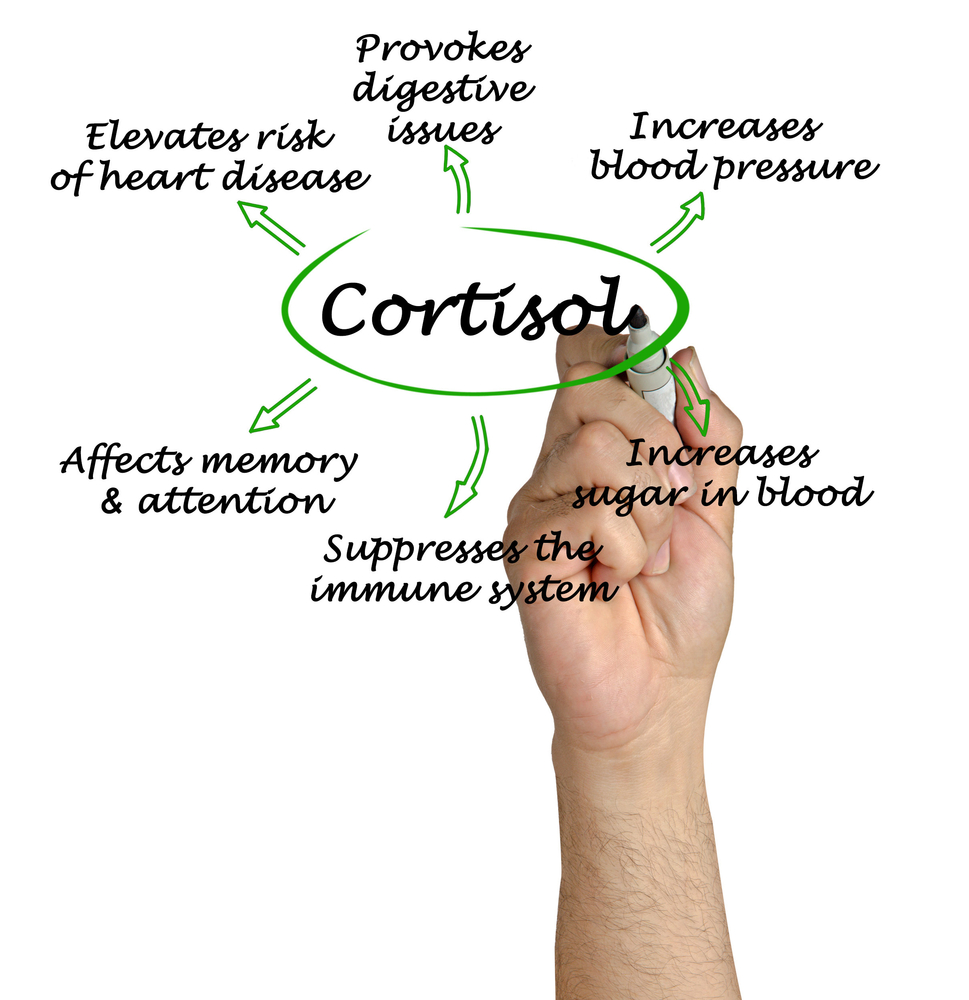
Cortisol, produced by the adrenal glands, cortisol helps regulate metabolism, immune response, and stress. It plays a role in maintaining blood sugar levels by increasing glucose production. Prolonged stress and elevated cortisol levels can contribute to insulin resistance, a key factor in the development of type 2 diabetes.
CONCLUSION
The intricate interplay of hormones within the body affects diabetes and thyroid health. Insulin and glucagon control blood sugar levels, while TSH and thyroid hormones maintain thyroid function. Understanding the roles of these hormones is crucial for managing diabetes and thyroid conditions effectively.
By recognizing the signs of hormone imbalances and seeking appropriate medical attention, individuals can maintain optimal health and well-being.
Our clinic is your go-to resource for a complete assessment of all diabetic and thyroid concerns you may be experiencing.

Here are some useful links to related sites for further exploration:
- American Diabetes Association (ADA): A reputable source providing comprehensive information on diabetes, its management, and resources for support. Visit their website at: https://www.diabetes.org/
- Mayo Clinic: A renowned medical resource offering extensive information on diabetes, thyroid disorders, and various other health conditions. Access their website at: https://www.mayoclinic.org/
- National Institute of Diabetes and Digestive and Kidney Diseases (NIDDK): A division of the U.S. National Institutes of Health, NIDDK offers valuable insights into diabetes research, treatment options, and educational materials. Explore their website at: https://www.niddk.nih.gov/
- American Thyroid Association (ATA): An organization dedicated to thyroid health, ATA provides in-depth information on thyroid disorders, treatment guidelines, and patient resources. Visit their website at: https://www.thyroid.org/
- EndocrineWeb: A comprehensive online resource covering various endocrine disorders, including diabetes and thyroid conditions. It offers articles, expert insights, and patient support. Access their website at: https://www.endocrineweb.com/

